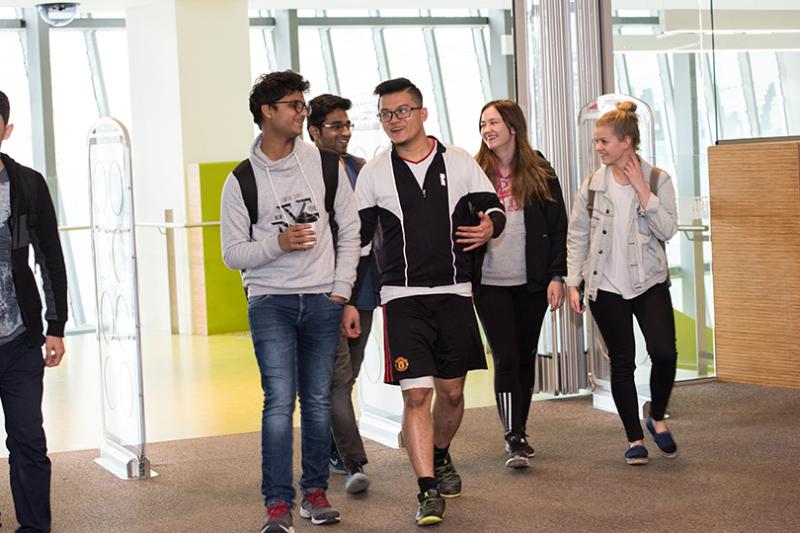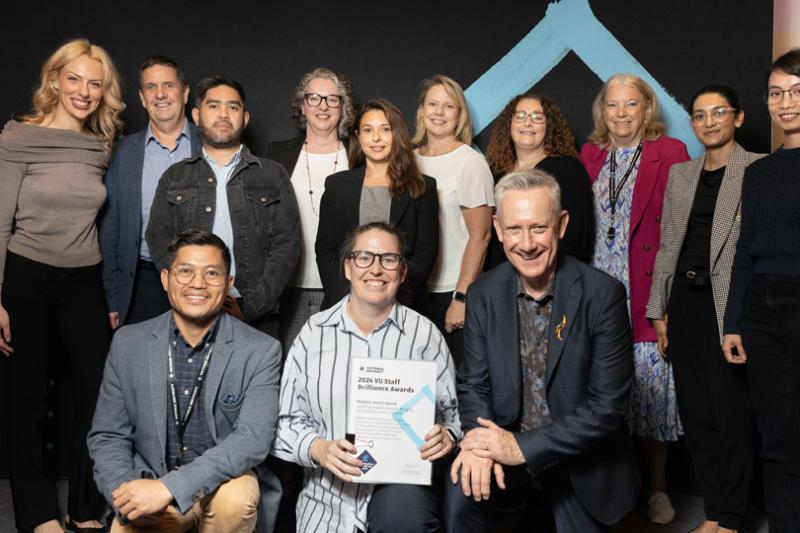$5.5 million project to tackle disadvantage in Melbourne’s west

Victoria University’s Mitchell Institute has been awarded a $5.5 million grant from the Paul Ramsay Foundation to fund a new community-based research program, aimed at improving the education opportunities and health of children and young people in lower socioeconomic communities.
The new Pathways in Place initiative is part of a combined $11 million donation from the Foundation to Victoria University and Griffith University in Queensland. It will focus on boosting outcomes in early learning as children transition to school and later as students finish school and seek further education, training or employment.
The five-year project will aim to equalise the playing field and overcome the disastrous reality that by the age of 15, young people from low socioeconomic communities are 2-3 years behind in reading and maths compared to children from wealthy families. This limits their economic and health opportunities throughout their lives.
The project will include working with local community partners in the Brimbank area and will build on the success of existing programs, such as Growing Brimbank.
Victoria University Vice-Chancellor Professor Peter Dawkins said the project would have a proactive approach in addressing and overcoming the disproportionately high rates of disadvantage amongst young people in Brimbank in Melbourne’s west.
“
There is growing recognition that where people live has a significant influence on their opportunity to excel and thrive and that localised place-based approaches can help to address inequity,” he said.
“Our role in the project will have a particular focus on creating opportunities for students as they transition from school to further education, training or employment.
”
Prior to the COVID-19 impacts, Brimbank’s unemployment rate was twice the national average and just 21% of the population had completed year 12, compared to the national average of 52%.
Project lead, Associate Professor Melinda Craike said wealth along with parental education had some of the biggest impact on whether young people would succeed in education and have good long-term health.
“
It seems inconceivable in a modern Australia that young people from low income areas fall up to three years behind in their learning by age 15 compared to people from high income areas,” she said.
“In a wealthy, developed country like Australia, all children should be having the same opportunities to succeed and break the cycle of poverty.
“This project aims to work with the local community to overcome inequality that disadvantaged students face so they can succeed in education, lead a healthy life and reach their full potential.
”
The project has, at its heart, the community voice and will be working with local partners to co-design the programs that will be implemented.
“We will be working with local organisations, local government, service providers, schools, families, young people and the broader community to co-develop and implement solutions,
” Associate Professor Craike said.
If the project proves successful, it is hoped it will be tailored and implemented in other communities around Australia.
Contact us
Media Enquiries
[email protected]


